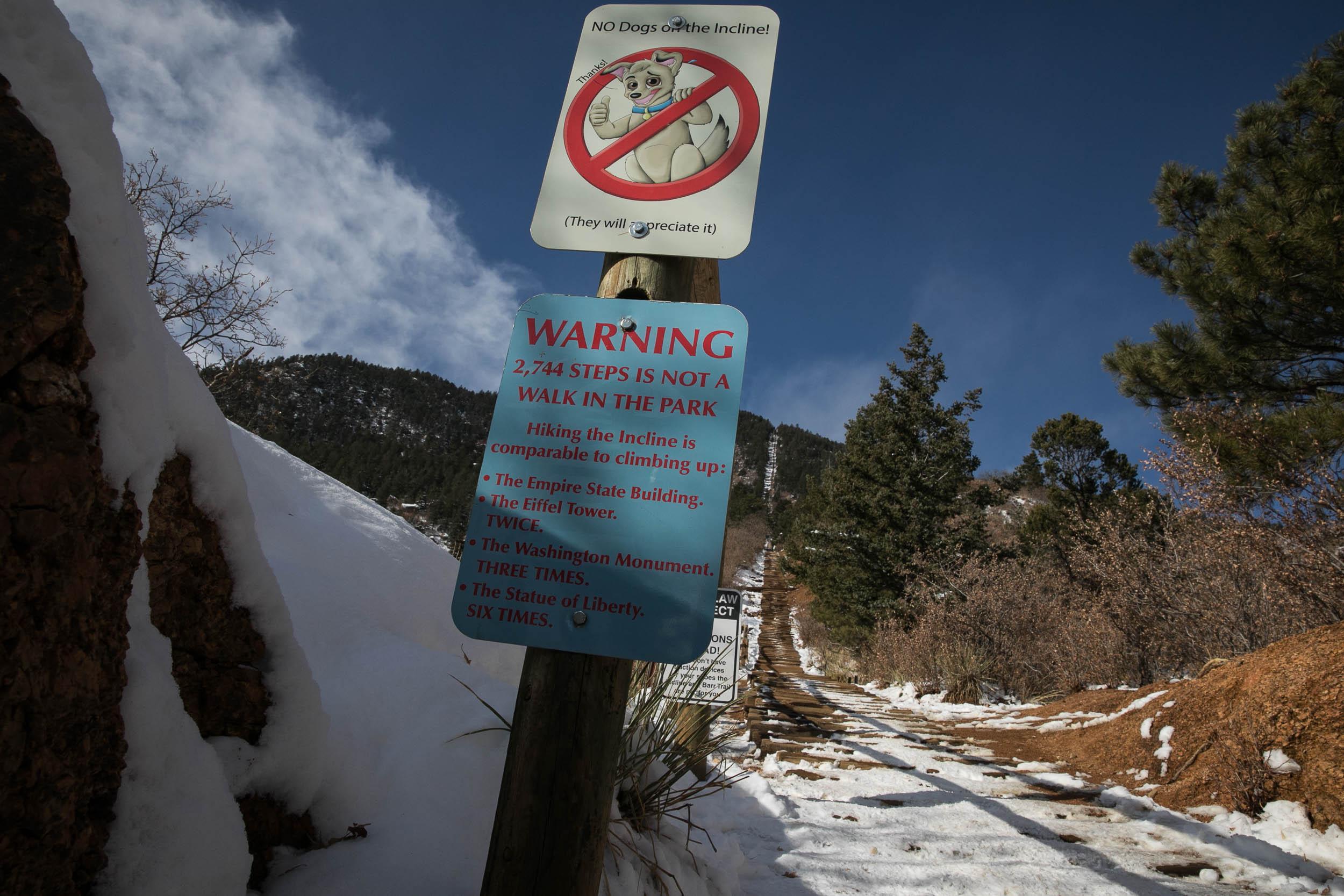
Colorado’s public health department announced Saturday plans to review the use of ketamine by emergency medical providers.
The review comes a year after paramedics used a strong dose of ketamine to subdue Elijah McClain, who was 23 years old when he died in police custody in Aurora. After the ketamine injection, McClain went into cardiac arrest.
“Our agency will work with medical experts to study the use of ketamine in the field — as well as the state’s oversight mechanisms — and produce a public report,” said Jill Hunsaker Ryan, who leads the Colorado Department of Public Health and Environment, in a press release. “Patient safety and program transparency are top priorities.”
A department spokesperson declined to answer whether the review of ketamine use overall is prompted by the McClain case.
In late July, state health officials announced they are investigating the use of ketamine specifically in McClain’s case. Paramedics’ use of ketamine on McClain is also under scrutiny as part of several investigations into his death that are currently underway. McClain received 500 mg of the sedative, which is the recommended dosage for a 200-pound person. McClain weighed 143 pounds.
When police approached McClain on the street, he was walking from a convenience store, apparently waving his hands to music that he was listening to. He had committed no crime. Officers put him in a carotid hold before paramedics administered the ketamine.
According to data provided by the state, paramedics have used ketamine 902 times since January 2018 for instances of “excited delirium and/or extreme or profound agitation,” and 153 of those instances had a “complication.” The most common complication listed is hypoxia, which is a shortness of oxygen to the body’s tissue. Paramedics have also used the drug in hundreds of other cases where a subject experiences pain.
CDPHE says the agency’s review of the use of ketamine will begin immediately and is expected to last a minimum of 12 weeks.







